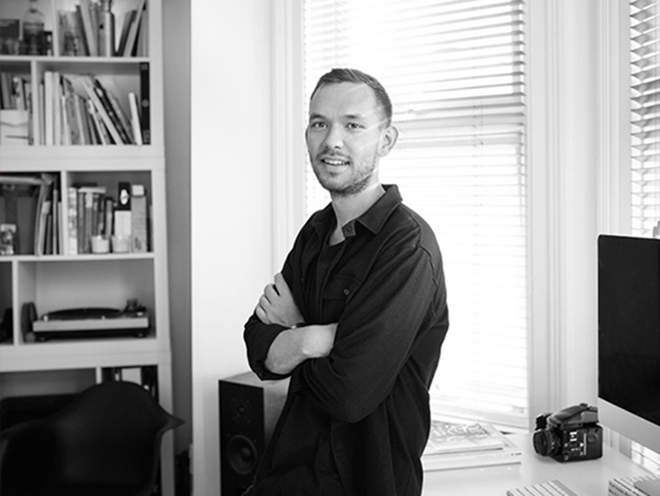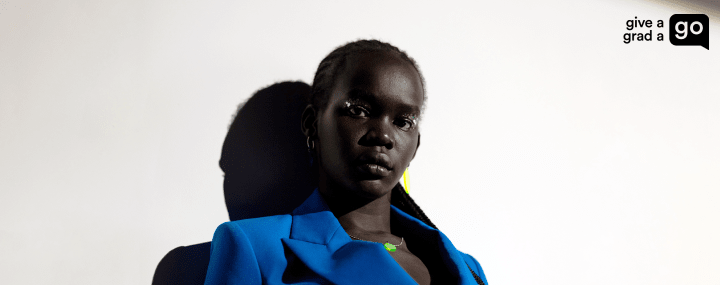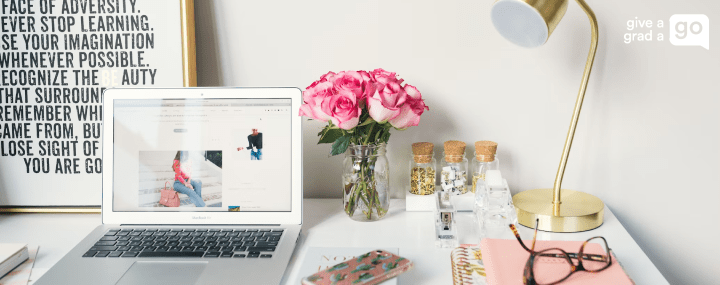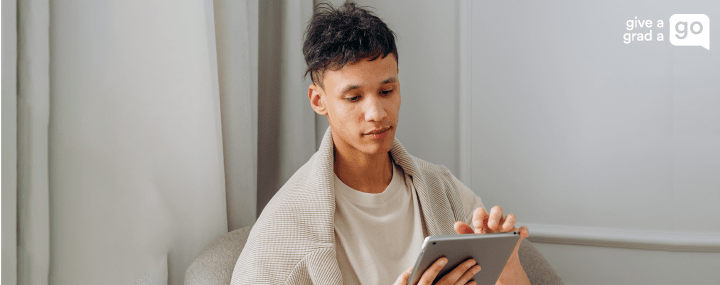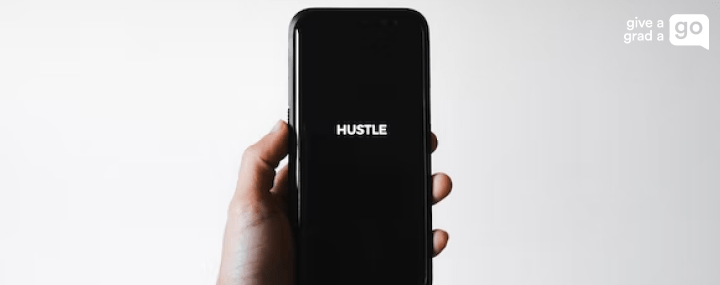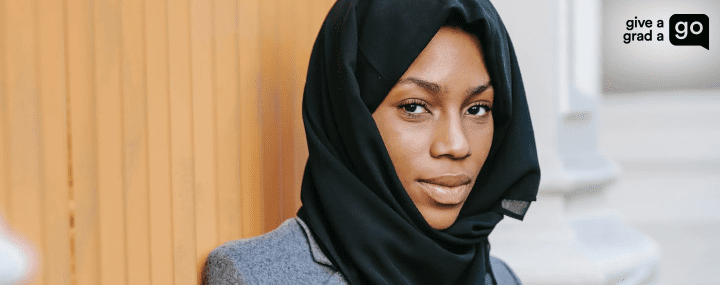How long have you been working as Freelancer?
Almost six years now (man how time flies) I’m still a new kid on the block.
How did you first get into it?
Getting into graphic and digital design was a bit of a curveball for me. I started off at art school as a photographer, but then fell in with the graphic kids.
I always wanted to work around editorial and magazine design. I find it an exciting mix of visually stimulating storytelling merged with relevant content – and of course, incredible photography in all genres.
When I graduated in 2010, it was probably one of toughest years to come out of university in the UK, due to the economy and the lack of jobs across the country.
I applied for a few jobs with various prestige boutique studios in London (along with everyone else in my graduate year) but quickly gave up. None of them were what I wanted or had jobs to offer!
So I decided to take some time out and try my luck in a new city – New York City.
What was the goal when you left university?
I know it sounds bad, but I didn’t really have a goal as such. I just had a head full of ideas, good technical skills and was looking to prove myself and gain experience.
Why do you think there is always a high demand for contractors in the digital / creative industries?
The creative industry forever evolving. I feel the role of a designer in industry is becoming that of a film director.
You’re commissioned to work on projects based on your niche experience and skill, like any other job – but what’s more important is your aesthetic and your style.
Luxury brands need to stimulate an audience with engaging and rich content. As such, it needs a regular injection of fresh talent to re-think, restructure and reposition the visual content to stay agile and progressive.
This could be one of the reasons why there is a high demand for contract work within this industry, as there is a consistent need for fresh thinking.
There is also the matter of the amount of work each agency has on at a given time. If the works not there – then it is just a cost to have a full time employee on the books.
How did you get enough experience to work as a contractor?
It’s a classic saying, but I kind of threw myself in the deep end. I got proactive and worked on a lot of self-initiated projects (record covers / club night posters).
Working with startups and other interesting projects allowed me to build up a strong and varied portfolio. Your portfolio is everything – it’s your story. I don’t think I even have a CV anymore.
Clients and well-respected agencies aren’t interested in how long you’ve been somewhere or how many friends you have on Linkedin. They want to see the high standard of work you create. Your lateral thought process and your attention to micro detail.
I think this experimental working style is important – don’t be afraid to make visual mistakes, theses often lead to happy accidents!
Did you start off doing an internship or placement?
I was interning for almost six months straight after graduating. It was tuff doing it that long in New York, but the stories and knowledge I learnt still stay with me.
The good thing about internships or placements is that they are opportunities to dip into different agency cultures and understand how everything turns and runs.
Vital knowledge if you ever want to start your own creative agency one day – all designers dream of it. Be the sponge and soak it all up!
Is it important to do a lot of networking as a Creative Freelancer?
I’d be nowhere without it. But I found, once you build up a momentum – people come to you. You can ease off on throwing your business cards like frisbees.
How do you find it managing your finances, is it something that’s hard to learn?
It’s a constant headache and forever drowning in receipts (I’m sure my Accountant would agree). But it’s an important task that needs as much attention as the work I create.
What advice would you offer to a graduate considering making the move to creative contract work?
Contract work isn’t for everyone. It’s like running your own business and you have to sacrifice a lot – mostly your social life. But if you’re ready for it, it’s an amazing ride.
You get fast-forwarded into working with amazing people all around the world.
My advice would be – move fast and keep your technical skills sharp… Don’t be afraid to have to work the odd weekend now and again.
Most importantly, like the ever popular Anthony Burrill poster series “Work Hard And Be Nice To People” – It gets you further than you think.
Credits: Photography – Katie Palmer Alex’s – Website | Instagram
